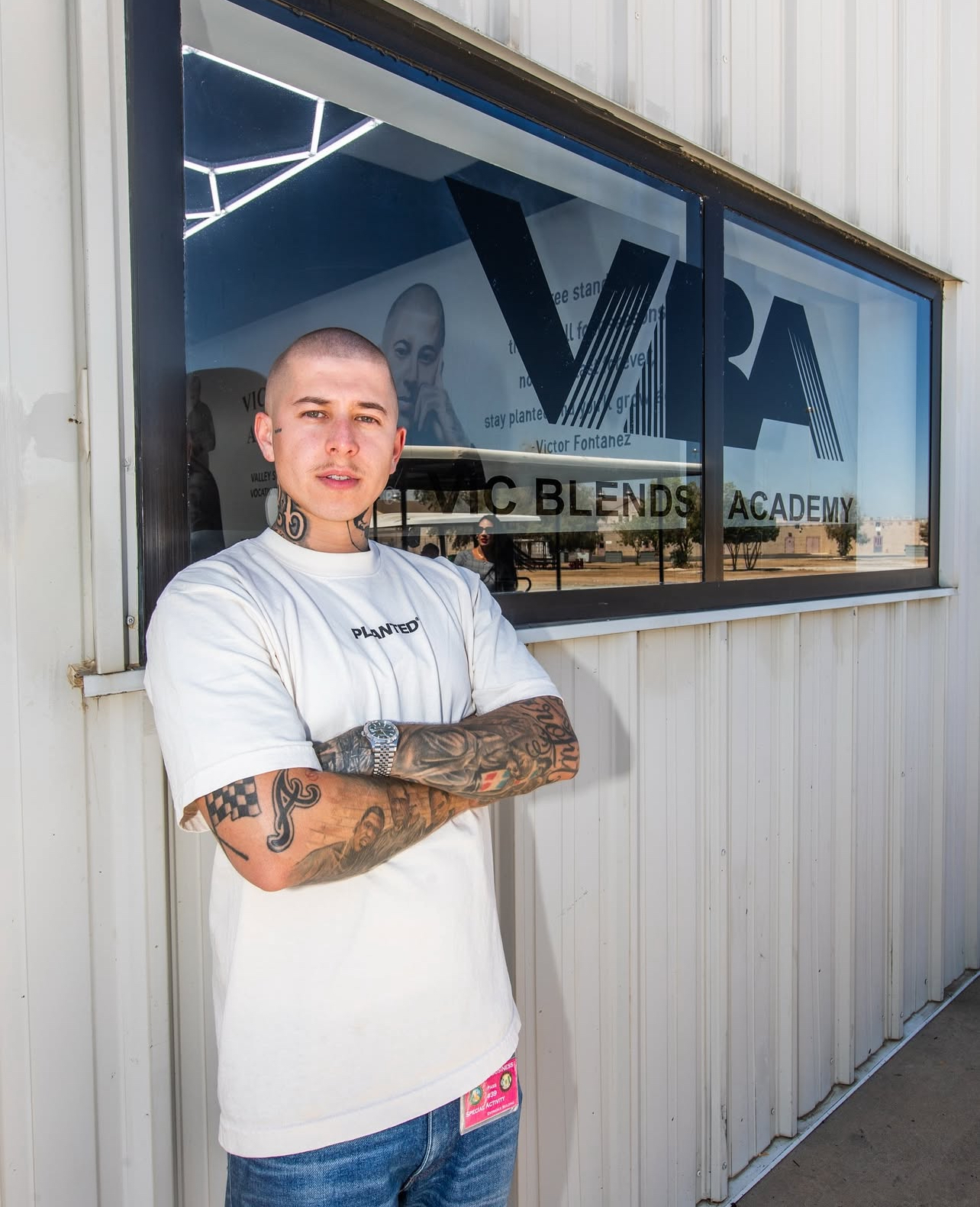
(Subject wishes to not disclose her full name)
“When I went to public school. I woke up nervous, sick and sad,” Sierra explains.
Sierra is a 17 year old girl who has gone through several traumatic events in the last few years. Her parents divorce and the death of her father left her emotionally scarred. She suffers from anxiety, depression and slight obsessive compulsive disorder (OCD) and finds herself living in a state of constant stress with worries flooding her brain.
“When I sit in class I think about the kids behind me. I feel like they are all looking at me and they can all tell I’m nervous. I could never pay attention to the teacher no matter how hard I tried.”
Sierra explained, “I had to get the 504 plan so teachers couldn’t call on me in class and I could step out of class for a second if I was anxious or having an anxiety attack.”
The 504 plan is part of a civil rights law that makes sure children with disabilities are not discriminated against in school. According to the 504 plan, school districts are required to provide a “Free and Appropriate Education” (FAPE) to everybody.
But Sierra found that her teachers tended to disregard the 504 plan even though her counselor made it a requirement that it be enforced. “My teachers tried to tell me that I was ready to present and speak in class, like they knew how I felt. I had to argue with them and eventually I just stopped going to school.”
Because of her truancy, Sierra was sent to court and forced to explain that she wasn’t comfortable at school because her teachers ignored her needs. She didn’t go back to school for junior year.
Struggling with the social aspect of public school, Sierra found an alternative: an online school called K-12. “At first I was happy because I thought I’d get to sleep in, do my work when I wanted and not have to talk in front of anyone,” she explained with a laugh.
But online school was not what Sierra expected. She had to log into live sessions that started at 9 am and sit through full classes. “I started K-12 because I didn’t like talking in front of the class, but during my online sessions they would call on me and I had to speak into a microphone where everyone could hear me,” she explained. Sierra found that her social anxiety actually worsened while she was in the comfort of her own home.
She was given too many assignments and not enough time to complete them all. She began falling behind and, after a while, felt like there was no use in continuing.
Sierra said, “It was difficult when I wanted to ask my teacher about something, because I couldn’t ask in class. I had to email them and wait hours for a response.”
This alternative option, which looked to her like a perfect solution, actually did more damage than public school. She dropped out of K-12 a few months ago and has since decided to get her GED. The General Educational Development Test is for people who did not graduate from high school. It is the equivalent of a diploma.
With goals and aspirations in her head, Sierra refuses to let her anxiety interfere with her education any longer.


